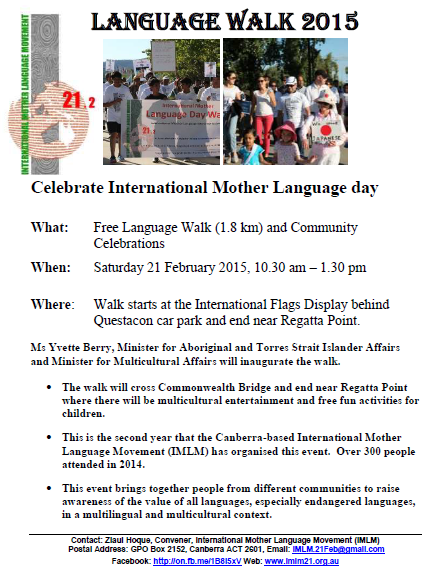Pocock says tax concessions for landlords can be reformed and still protect existing investments
The sentiments expressed in this article by David and Jacquie are, in my opinion, a step in the… View
A million migrants in two years, tent cities everywhere, still Pocock flatly refuses to look at the… View
Hiking Mount Taylor in the next three months? You'll need another place to park
You could tell they weren't serious about that when they built a stone wall for the bus stop and… View
The Govt sure takes its time to commence infrastructure projects. It will be interesting to hear the… View
3 months is a joke. Also not duplicating it is a joke. It reminds me they are redoing Athlon drive.… View
More than 32,000 flock to War Memorial Dawn Service
So even the Socialists couldn't redefine ANZAC Day in the Socialist Capital of Australia. A good day… View
Backyard relic discovery highlights story of one of Tumut's overlooked WWI heroes
This link is to an interesting article on the 'next of kin memorial plaque' ..… View
I don’t want to detract from anything any of the parties to this amazing find have done but the… View
Congratulations to Ms Mason on such a well-researched article. And closing the circle of memory for… View











